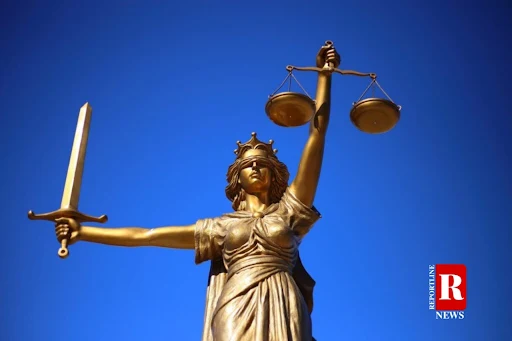New Delhi - The Delhi High Court has issued an order directing Google and X (formerly Twitter) to take down social media posts alleging that Anjali Birla, daughter of Lok Sabha Speaker Om Birla, unfairly passed the Union Public Service Commission (UPSC) exams on her first attempt due to her father's influential position. This development was reported by Bar & Bench on July 24, 2024.
Anjali Birla, an Indian Railway Personnel Service (IRPS) officer, filed a defamation suit against 16 X accounts, including a parody account of YouTuber Dhruv Rathee. The Court has mandated that the platforms remove the allegedly defamatory content within 24 hours.
In response to Birla's complaint, the Maharashtra Cyber Cell has registered an FIR against the accounts under various sections of the Bhartiya Nyaya Sanhita Act, 2023, and the Information Technology Act, 2000. The charges include stalking, insulting the modesty of a woman, cheating, and identity theft, among others.
The Court found that Birla had established a prima facie case demonstrating the defamatory nature of the posts. Additionally, the order restrains John Doe defendants and anonymous entities from posting, circulating, tweeting, or retweeting content related to this issue.
This case raises important questions about the balance between combating online defamation and protecting free speech. The broad nature of the Court's order, which prohibits even unknown persons from posting about the matter, has sparked concerns about potential censorship and limitations on legitimate criticism of public officials.
Legal experts point out that previous Delhi High Court rulings in defamation cases have emphasized the importance of considering the social media reach and influence of the publisher when assessing the impact on a complainant's reputation. This raises questions about whether all publishers of allegedly defamatory content have sufficient influence to cause reputational damage.
Critics argue that defamation charges can sometimes be used to stifle dissent and restrict free speech, leading to self-censorship. There are also concerns that broad restrictions on future speech could hinder the flow of important information that journalists, fact-checkers, and the public rely on to combat misinformation.
As this case develops, it will likely continue to fuel debates about the delicate balance between protecting individuals from defamation and preserving the right to free expression in the digital age.




Social Footer